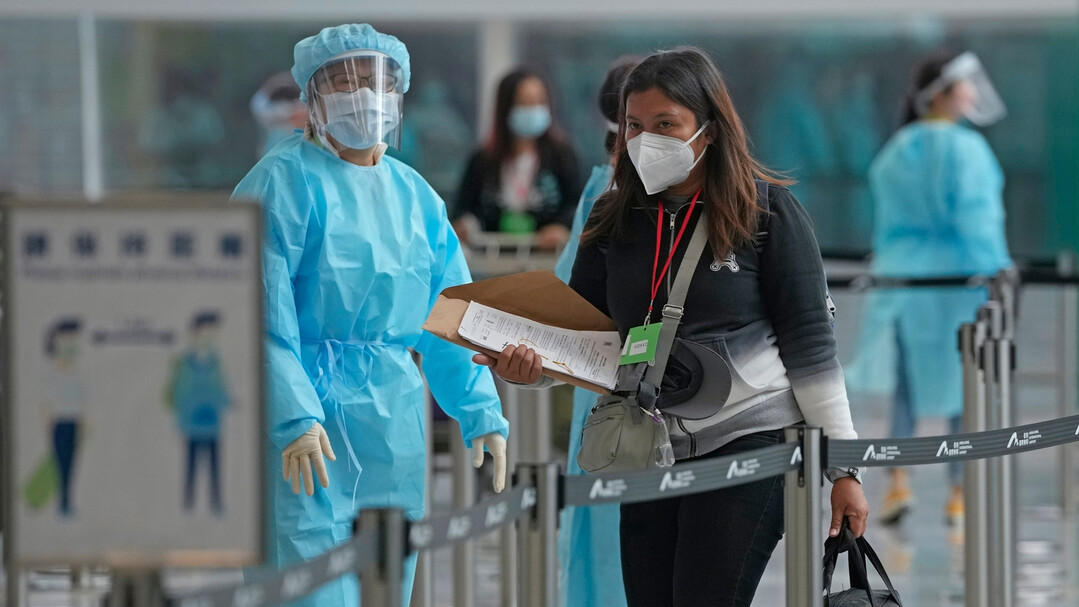
Singapore – Singapore, a prominent tourist destination in Southeast Asia that attracted over 16 million visitors in 2024, is currently facing a surge in COVID-19 cases. As of May 2025, the escalating spread of the virus necessitates heightened vigilance from travelers.
Resurgence of COVID-19 in Spring 2025
Since its first confirmed case in January 2020, Singapore, like most other countries, has experienced several waves of COVID-19. However, entering spring 2025, the Ministry of Health (MOH) and the Communicable Diseases Agency in Singapore have reported a significant increase in COVID-19 infections.
According to MOH estimates, the number of COVID-19 cases from the last week of April to May 3, 2025, reached approximately 14,200. This marks a substantial 28% increase compared to the 11,100 cases recorded in the preceding week. This sharp rise in cases is attributed to a combination of factors, with weakened population immunity being a primary cause. The immunity built up through long-term vaccination and natural infection has gradually waned over time, increasing susceptibility to the virus.
New Variants Driving the Spread
The predominant COVID-19 variants circulating in Singapore are LF.7 and NB.1.8, both sub-lineages of the JN.1 variant. These two variants account for more than two-thirds of locally sequenced cases and are driving the current spread. The JN.1 variant, which began rapidly spreading globally in late 2023, is known for its high transmissibility. Fortunately, health authorities state that the currently available COVID-19 vaccines, developed based on the JN.1 variant, remain effective in protecting against severe illness. This underscores the continued importance of vaccination in reducing severity and mortality rates.
Re-emphasizing the Importance of Vaccination and Personal Hygiene
The Singapore Ministry of Health strongly recommends that individuals at high risk of severe COVID-19, including those aged 60 and above, medically vulnerable individuals, and residents of nursing facilities, keep their vaccinations up to date and receive an additional dose approximately one year after their last vaccination. This is because high-risk groups with weakened immunity are more susceptible to re-infection or progression to severe illness.
Furthermore, Singaporean authorities urge all citizens and visitors to adhere to basic personal hygiene measures. Measures such as mask-wearing (especially in crowded indoor spaces or on public transport), thorough hand hygiene, practicing cough etiquette, and immediately seeking medical attention and isolating if symptoms appear, remain crucial. Given Singapore's history of implementing strong quarantine policies during the pandemic, prompt and decisive actions are anticipated in response to this resurgence.
New Vaccine Developments and Pre-Travel Preparation
Meanwhile, in the United States, the Food and Drug Administration (FDA) recently approved Nuvaxovid™ (Novavax), a non-mRNA based JN.1 COVID-19 vaccine. This vaccine is notable for its effectiveness against the currently prevalent KP.2 and KP.3 variants. KP.2 and KP.3, sub-variants of JN.1, have been rapidly spreading in the U.S. and other countries, heightening the need for new vaccines. Various travel vaccines, including Nuvaxovid™, are available at hospitals and pharmacies across the U.S.
Internationally, COVID-19 variants continue to evolve, and each country's pandemic response situation is constantly changing. If you're planning international travel, including to Singapore, it's crucial to check the latest health guidelines and infection status of your destination country before your trip. It's also wise to thoroughly review your travel insurance coverage to prepare for any unforeseen circumstances. Additionally, confirm your COVID-19 vaccination history before departure and consider additional doses if necessary.
The Singapore Ministry of Health will closely monitor the COVID-19 situation and announce further measures as needed. It's a time for both travelers and residents to strictly adhere to health protocols to help maintain a safe and healthy Singapore.
[Copyright (c) Global Economic Times. All Rights Reserved.]



























